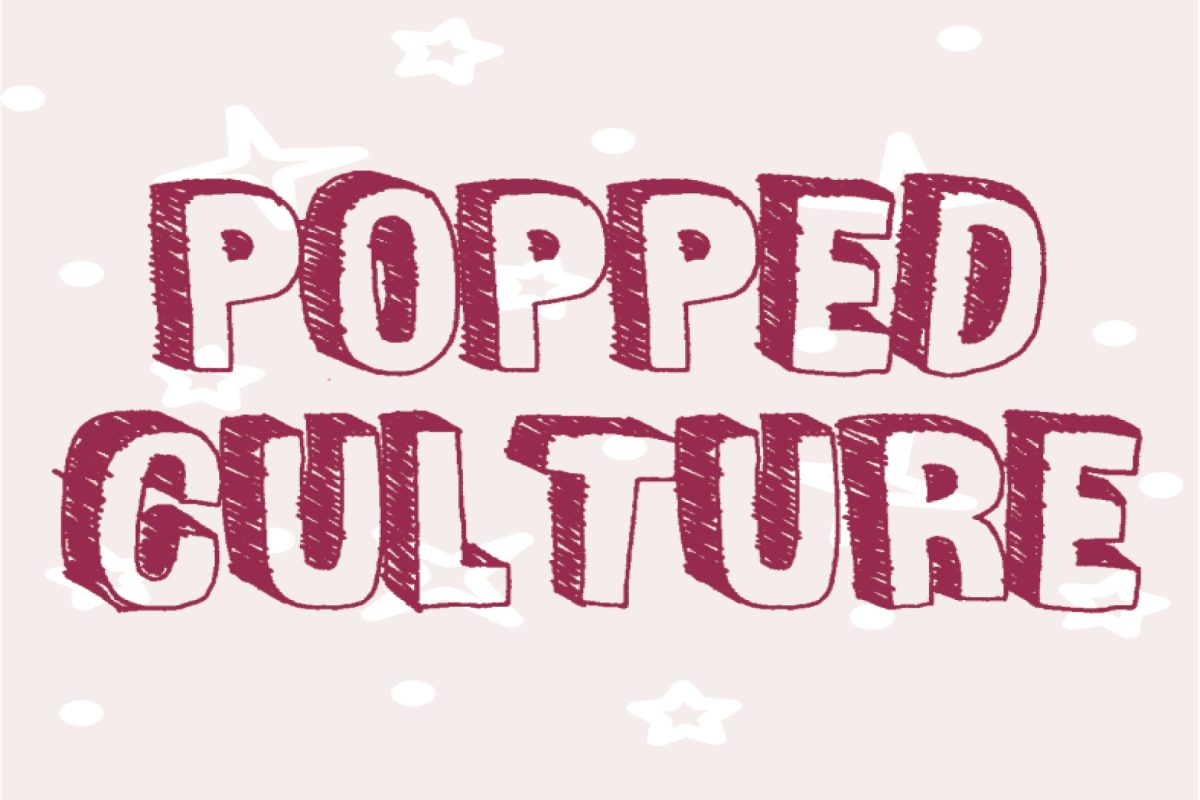It’s natural for us to want to know more about the lives of people we watch and admire on the big screen. Our culture’s obsession with celebrities leads us to inquire about the deepest details of their personal lives. But what happens when our desire to intrude on the lives of celebrities goes too far?
Case in point: Kit Connor of “Heartstopper” fame, only one example out of the many actors who have been forced to come out against their wishes.
“Heartstopper” first premiered on Netflix in April 2022 to massive critical and audience acclaim for its positive and inspirational queer representation. The show topped streaming charts for weeks, amassing a huge fan base. Connor, who is 18 years old, portrays Nick Nelson, a character coming to terms with his sexuality and developing an attraction to Charlie Spring (Joe Locke) throughout the course of the season.
Connor said he felt unfairly pressured to come out by fans after the show was accused of queerbaiting. Queerbaiting is a term used to describe media that tries to appeal to queer audiences by teasing representation but then fails to follow through with their promise.
On Oct. 31, Connor posted the tweet (which has since been deleted), “Back for a minute. I’m bi. Congrats for forcing an 18 year old to out himself. I think some of you missed the point of the show. Bye.” Prior to this tweet, Connor had not been public about his sexuality and was not ready to label himself.
Afterward, many fans online showered Connor with love. Olivia Colman, who also stars in “Heartstopper,” even publicly showed her support for Connor in talking with Variety.
“I am so proud of him, but I am not proud of how people bullied him,” Colman said. “I think people should be allowed to have their own journey.”
It is important to be critical of the media we consume, especially when it comes to ensuring the best and most accurate LGBTQ+ representation possible. We often look up to the people we see in film and TV, and it makes sense that there is a want for queer characters to be portrayed by queer actors themselves.
However, demanding actors to be public about their sexuality is problematic. Especially for younger actors like Connor, expecting them to have their identity figured out at such a young age is, frankly, dangerous. Some people take their whole lives to figure out their sexuality, and no matter what different experiences people have, any journey that people a part of the LGBTQ+ community may take is equally valid and important. Some people may even reject labels entirely despite falling under the umbrella of being queer.
Rebel Wilson is another actor who was recently pressured into coming out. According to US Magazine, Wilson was contacted by The Sydney Morning Herald, asking about her romance with a woman. What initially seemed like an inspiring coming-out moment for Wilson was quickly revealed to be an ultimatum. The paper gave her a deadline of two days to make a statement about her relationship with Ramona Agruma before publishing.
For anybody that is a part of the LGBTQ+ community, coming out and how somebody (if they choose to be public about their sexuality) decides to do so should be up to them. Forcing or pressuring somebody to reveal personal information strips them of their ability to tell their story in their own voice. Situations like that of Connor and Wilson’s set a dangerous precedent for the future of LGBTQ+ media.
One of the most profound and formative experiences of my life was when I came out as gay in high school. I was able to make that choice for myself because it felt right at that point in my life, and I had finally gotten to a place of self-acceptance after years of feeling like I did not belong to any community. I did not want anybody else to take my story away from me — I wanted to own my narrative. Celebrities, despite their privilege and status in society, deserve to own their stories too — something fans online often seem to forget when they get caught up in the storm of the internet.
Ultimately, nobody owes an explanation for who they are to the world around them. The beautiful thing about being a part of the LGBTQ+ community is that everybody’s story is so uniquely different. That is something that should be celebrated and embraced with flying colors — both in our personal lives and in the media we consume.





